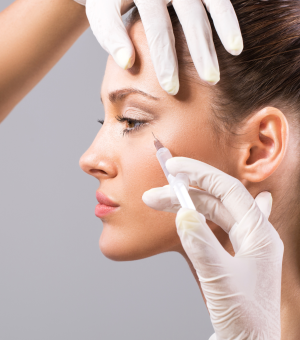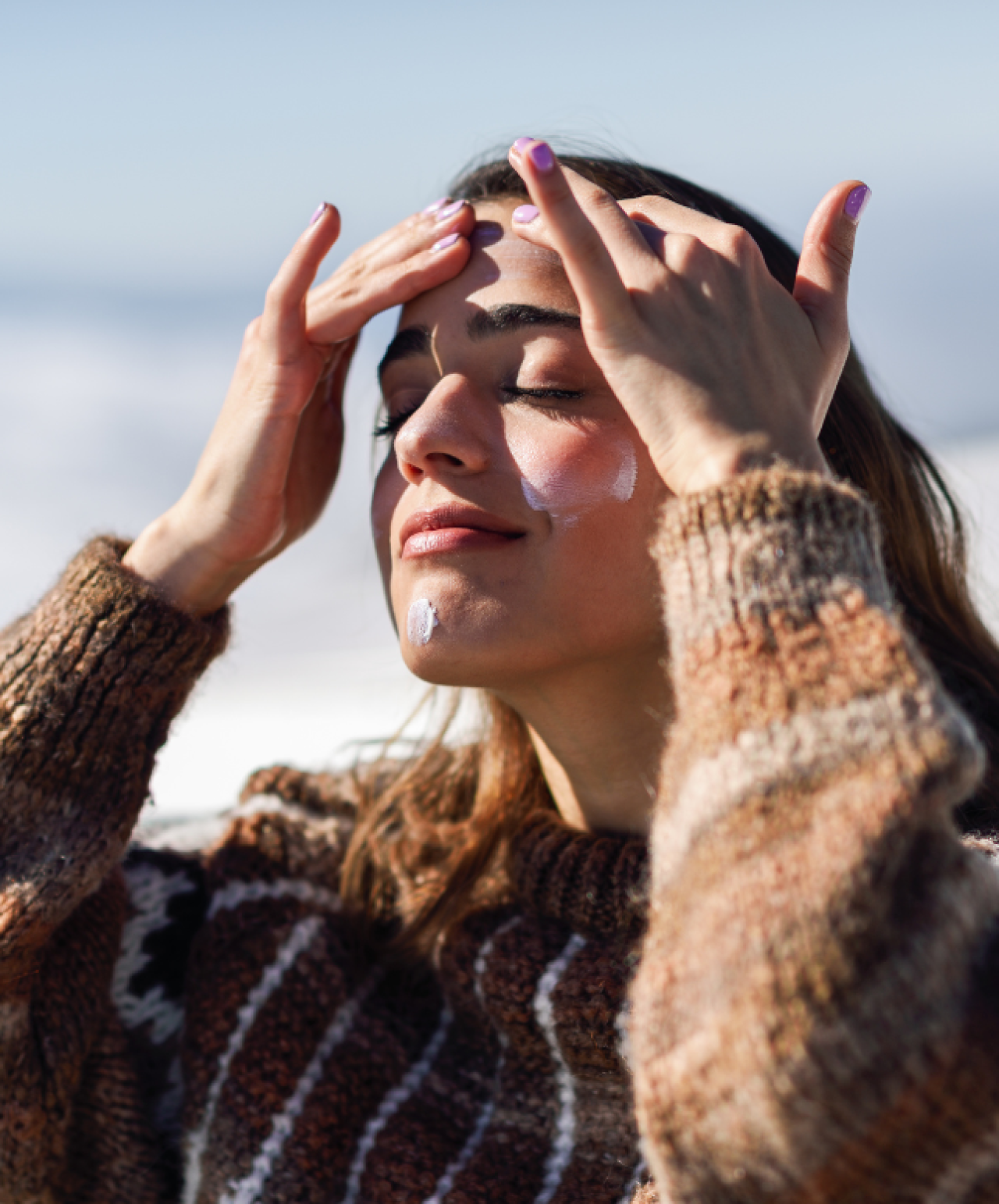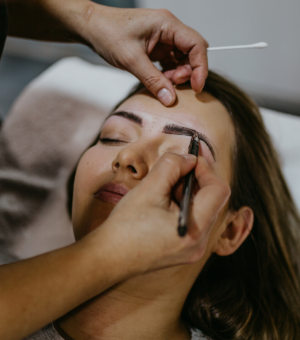The sunny season is here and as we all get outside, it's crucial to prioritize sun protection. Sunscreen is your shield against harmful ultraviolet (UV) rays, guarding your skin against sunburn, premature aging, and even skin cancer. In this comprehensive guide, we'll delve into everything you need to know about sunscreen, from application tips to understanding the difference between chemical and mineral options.
When to Apply and Reapply Sunscreen
Sunscreen should be applied generously at least 15 minutes before sun exposure to allow it to absorb into the skin fully. Reapply sunscreen every two hours, or immediately after swimming, sweating, or towel drying. Even on cloudy days, UV rays can penetrate clouds and can cause damage, so sunscreen is a must no matter the weather.
Should you choose chemical or mineral Sunscreen?
Chemical Sunscreen:
Chemical sunscreen absorbs UV rays and converts them into heat, which is then released from the skin. It typically contains ingredients like oxybenzone, avobenzone, octisalate, and octocrylene. Chemical sunscreens tend to be thinner and easier to apply, often leaving behind no white cast which makes them ideal for everyday use and to wear under makeup.
Mineral Sunscreen:
Mineral sunscreen forms a protective barrier on the skin's surface, reflecting and scattering UV rays. The active ingredients are zinc oxide and titanium dioxide, which are considered physical blockers. Mineral sunscreens are less likely to cause irritation or allergic reactions, making them suitable for sensitive skin. They can leave a white cast, but newer formulations often blend more seamlessly into the skin.
Important facts while shopping for sunscreen
SPF (Sun Protection Factor): SPF indicates the level of protection against UVB rays, which cause sunburn. Higher SPF numbers offer greater protection, but no sunscreen provides 100% protection. Opt for a minimum of SPF45.
Broad-Spectrum Protection: Look for sunscreens labeled "broad-spectrum," which protect against both UVA and UVB rays.
Water-Resistant vs. Waterproof: No sunscreen is entirely waterproof, but water-resistant formulas can maintain their effectiveness for a certain period while swimming or sweating. However, reapplication is still necessary after water activities.
Sunscreen for Different Skin Types: Choose a sunscreen formulation tailored to your skin type, whether it's oily, dry, acne-prone, or sensitive. Gel or oil-free formulas are suitable for oily skin, while moisturizing options are ideal for dry skin.
When in doubt, look for products approved by dermatologists.
Sunscreen is your best defense against sun damage and should be an essential part of your daily skincare routine. By understanding when and how to apply sunscreen, as well as the differences between chemical and mineral options, you can make informed choices to protect your skin effectively. Remember, sunscreen is just one aspect of sun safety—seek shade, wear protective clothing, and avoid peak sun hours for comprehensive protection. Prioritize your skin's health today for a radiant and healthy complexion tomorrow.



